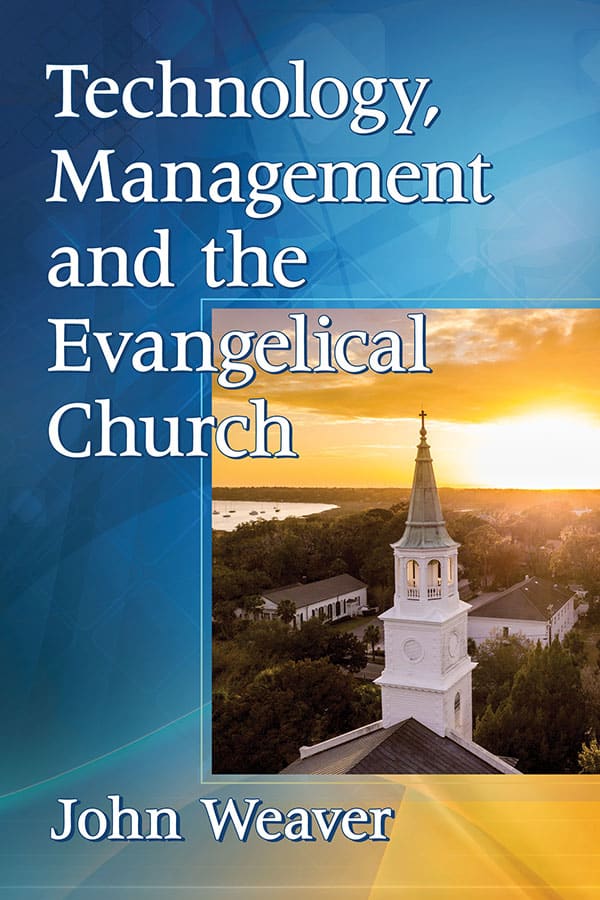Technology, Management and the Evangelical Church
$65.00
In stock
About the Book
This book explores the technological innovations and management practices of evangelical Christian religions. Beginning from the late 19th century, the author examines the evangelical church’s increasing appropriation of business practices from the secular world as solutions to organizational problems. He notes especially the importance of the church growth movement and the formation of church networks.
Particular attention is paid to the history of evangelical uses of computer technology, including connections the Christian Right has made within Silicon Valley.
Most significantly, this book offers one of the first academic explorations of the use of cybernetics, systems theory and complexity theory by evangelical leaders and management theorists.
About the Author(s)
Bibliographic Details
John Weaver
Format: softcover (6 x 9)
Pages: 366
Bibliographic Info: glossary, notes, bibliography, index
Copyright Date: 2020
pISBN: 978-1-4766-7816-0
eISBN: 978-1-4766-3885-0
Imprint: McFarland
Table of Contents
Acknowledgments viii
Preface 1
Acronyms 6
Introduction 8
1. The Origins of Evangelical Management Culture 25
2. The Church Growth Movement and the Birth of Modern Metricspirituality 95
3. Cybernetics, Computers and Christ: How Systems Theory Helped Found the Modern Religious Right 115
4. Networked Churches and the Rise of Church Toyota 194
5. The Christian Right’s Technological Infrastructure 239
6. The Evangelical Web 274
Conclusion: Managing the Future 296
Glossary 311
Chapter Notes 319
Works Cited 325
Index 351
Book Reviews & Awards
• “Excellent…recommended”—Choice
• “This book’s unique synthesis of the fields of business management, cybernetics, systems theory, information theory, and complexity theory is startling, and represents—at least in the mind of this reader—a significant provocation that challenges scholars to reassess our understanding of the mutations of American Christianity during the twentieth century.”—Michael McVicar, Associate Professor of Religion, Florida State University





